Your cart is currently empty!
Meanwhile, in the Netherlands, people have just started their own biological food coop bypassing the supermarkets and buying directly from the farms.
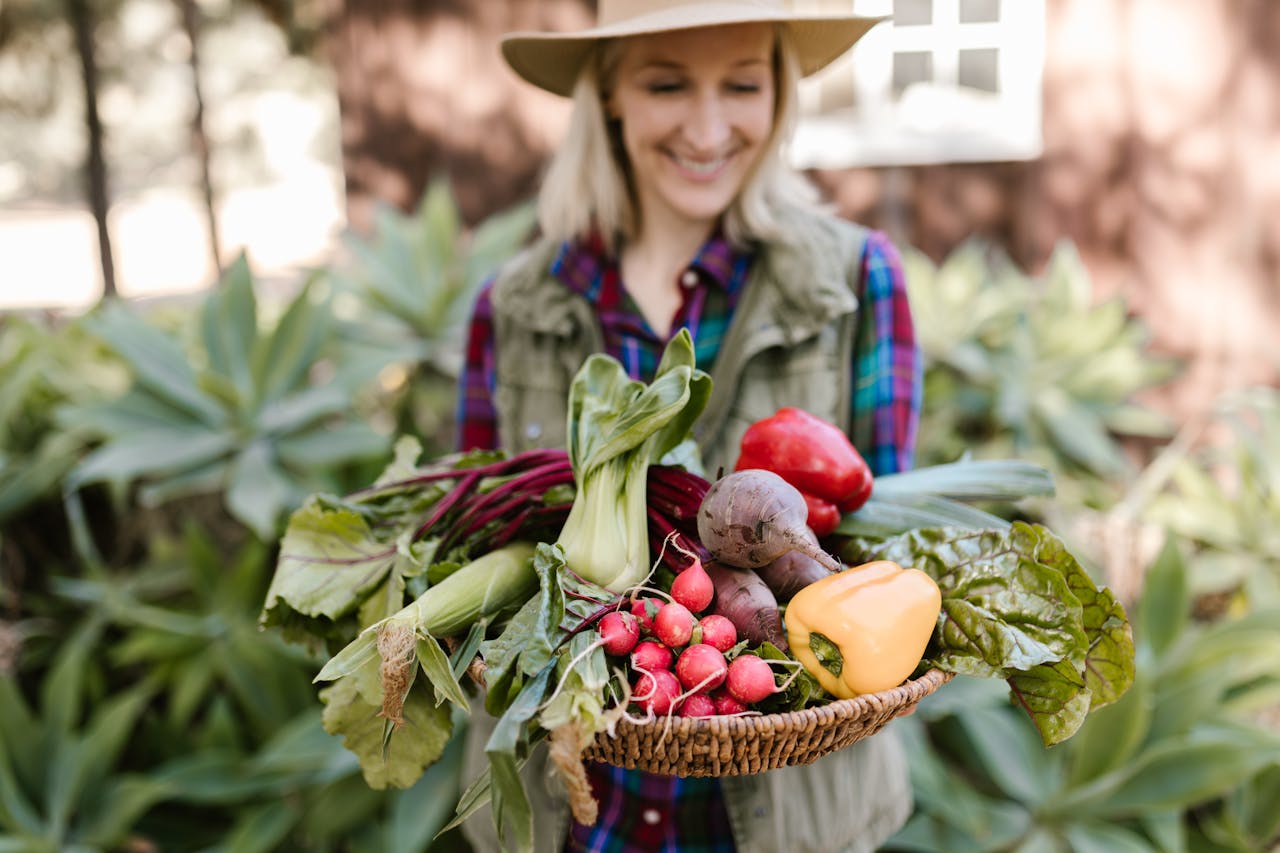
In the picturesque landscapes of the Netherlands, a quiet revolution in food consumption and community engagement is taking root. The rise of food cooperatives, or “food coops,” is reshaping the way Dutch communities approach sustainability, local agriculture, and economic resilience. These coops are more than just alternative shopping destinations; they are hubs of community action and education, championing a return to local sourcing and ethical food production.
Driven by a growing consumer awareness of environmental impacts and a strong desire for quality and transparency in food sourcing, Dutch food coops are leading by example. They offer a blueprint for how communities can come together to support local farmers, reduce environmental footprints, and strengthen local economies. This movement is not just about buying local—it’s about building a sustainable future and rethinking our relationship with food.
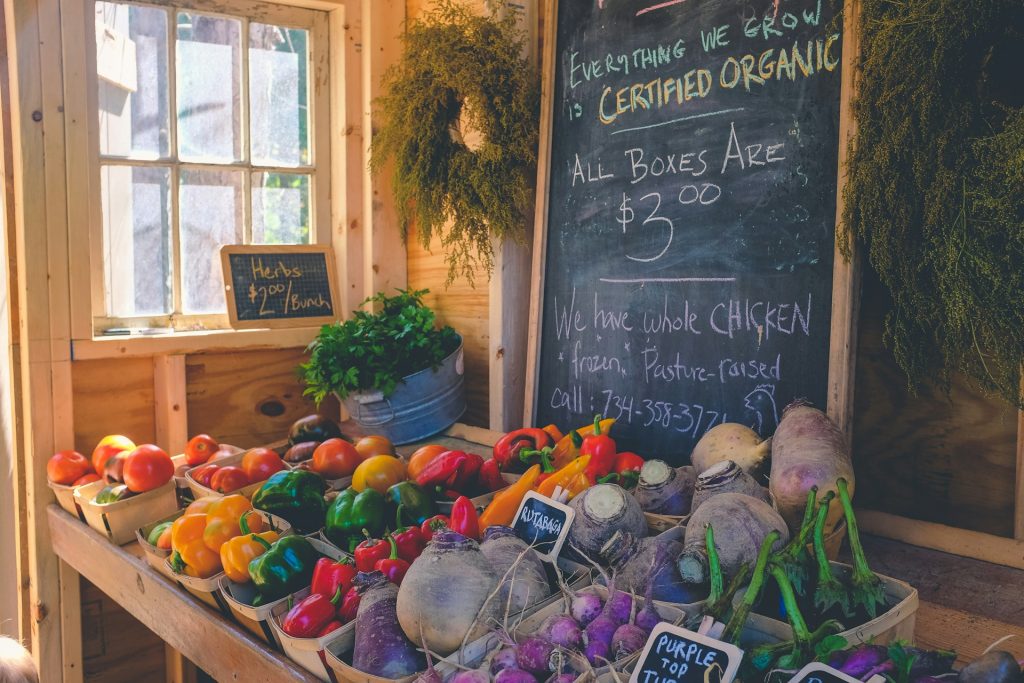
The Concept of Food Coops
Food cooperatives, commonly referred to as food coops, offer a unique alternative to conventional grocery stores by emphasizing community ownership and local sourcing of products. Unlike traditional supermarkets, which are typically owned by corporations or private individuals, food coops are usually owned and operated by their members. This means that everyone who shops there has the opportunity to have a stake in the coop’s operations and decision-making processes.
At the heart of a food coop is the commitment to provide access to fresh, organic, and locally produced food. These coops often foster direct relationships with local farmers and producers, ensuring that members receive products that are not only fresher but also produced under fair and sustainable conditions. By prioritizing local sourcing, coops help reduce the environmental impact associated with long-distance transportation of goods.
Membership in a food coop doesn’t just mean access to healthy food; it also involves participating in a community that values transparency, ethical sourcing, and collective welfare. Members often engage in various roles, from volunteering at the store to participating in governance through voting on key issues. This model not only supports local economies but also builds a sense of community around food, which can be a powerful tool for social change.
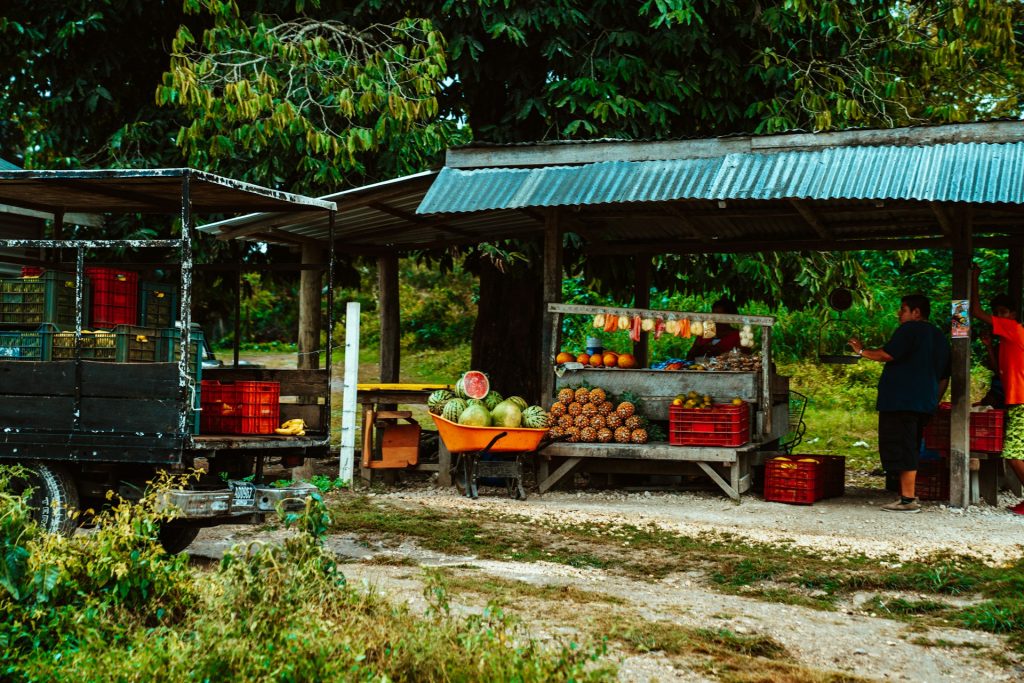
How Food Coops in the Netherlands Are Transforming Local Food Systems
The transformation of local food systems in the Netherlands through food cooperatives is a testament to the country’s forward-thinking approach to food sustainability and community engagement. Dutch food coops have become integral in shaping a sustainable food culture that bridges the gap between local farmers and consumers.
These cooperatives thrive on a model that combines traditional agricultural practices with modern sustainability efforts. This model has been greatly supported by the Netherlands’ enabling cooperative legislation, which encourages community-owned businesses and prioritizes local, sustainable food production. This legal framework not only supports the growth of food coops but also enhances their ability to maintain effective member control and foster innovation in food distribution and sustainability practices.
Moreover, Dutch food coops often extend their influence beyond just food distribution. They actively participate in national and international food sustainability discussions and initiatives, such as those led by the Netherlands Food Partnership. These partnerships focus on creating more economically, socially, and environmentally viable food systems, which include collaborations among government, private, civil society, and knowledge institutes.
A specific example of this collaborative approach is the Impact Hub’s Food Chain Accelerator in Amsterdam, which supports startups and SMEs focused on creating sustainable food chains. This initiative provides extensive training and strategy sessions to help businesses grow and increase their sustainable impact.
Through these efforts, food coops in the Netherlands are not just changing the way food is bought and sold; they are pivotal in fostering a resilient food system that promotes social equity, environmental sustainability, and economic viability. This systemic change underscores the Dutch commitment to creating a sustainable future for food production and consumption, influencing global food system practices.
Prominent Food Coops in the Netherlands
As the Netherlands continues to pave the way towards sustainable food systems, food cooperatives are at the forefront of this transformation. These coops not only support local farmers but also foster community bonds through ethical and transparent food practices. By emphasizing direct interactions between consumers and producers, they help cultivate a deeper understanding and appreciation for sustainable consumption. This innovative approach is vividly demonstrated by several leading coops, each with its unique focus and community impact.
- Vokomokum: Situated in Amsterdam, Vokomokum is not just a place to buy food but a community initiative that brings people together to access affordable, high-quality, and ethically sourced products. Membership involves attending an orientation session, emphasizing the community-driven approach of the cooperative.
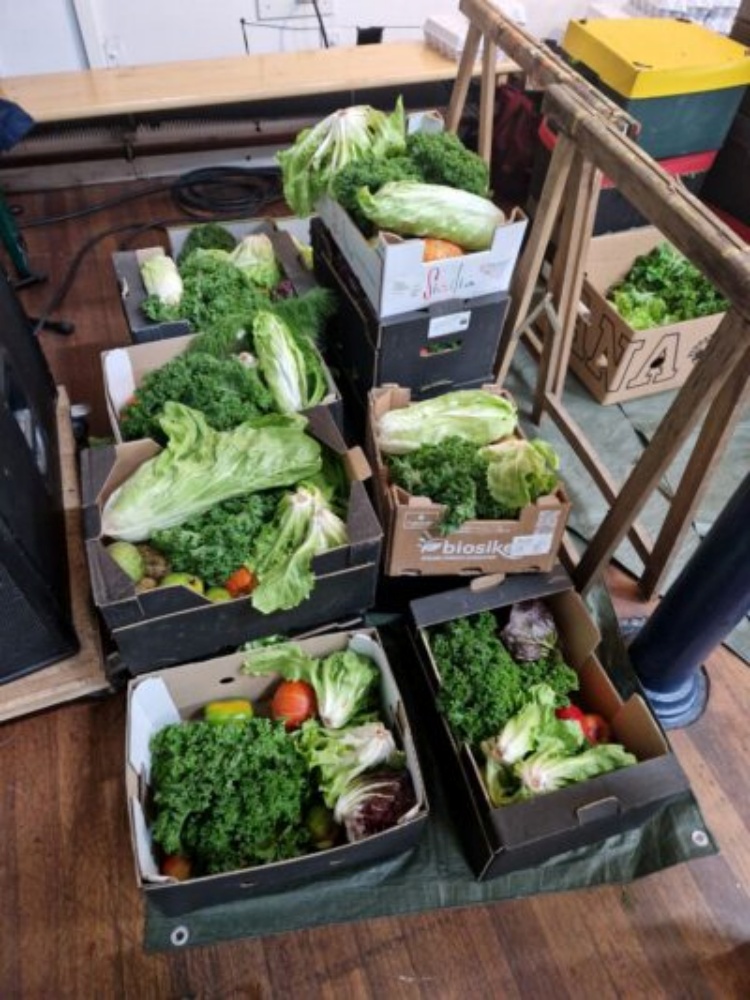
- Food Coop Amsterdam: This association allows its members to purchase directly from organic wholesalers. It stands as a social, organic alternative to traditional shopping methods. The coop organizes a Co-op Day every three weeks at the De Havelaar community center in the Oud-West area, fostering community involvement and direct consumer-producer interaction.
- Biobulkbende: Modeled after successful coops like Vokomokum and influenced by international examples like the Park Slope Co-op, Biobulkbende was established in 2019 as Rotterdam’s first organic food coop. It operates on a volunteer basis, reflecting a strong commitment to community service and sustainable food practices.
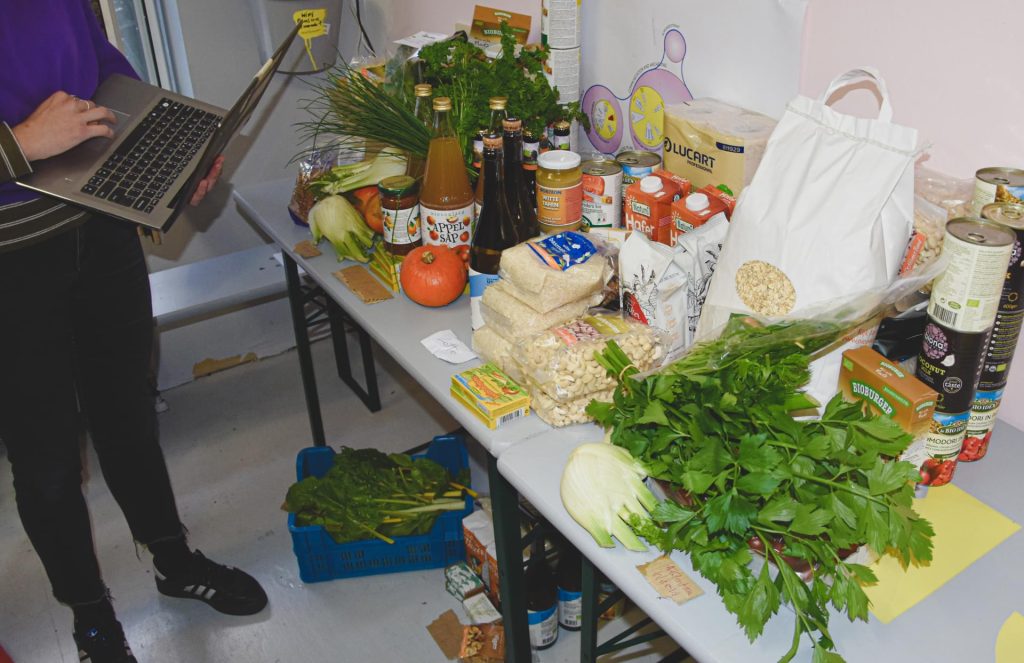
- Food Coop Voedlink: Located in Amsterdam Oud-West, this coop facilitates a monthly pickup at Budapest on the WG-terrein. They not only supply food but also actively contribute to the community by organizing educational activities like lectures and workshops that challenge the norms of the mainstream food industry.
- Food Coop Nord: This coop operates in Amsterdam-Noord, offering fresh, organic, and seasonal products sourced directly from nearby farmers. Their operations are built around a weekly schedule that emphasizes local produce and community engagement.
The Benefits of Food Coops and Their Replicability
The success of food coops in the Netherlands offers a valuable blueprint for communities worldwide seeking to enhance their local food systems. These cooperatives excel in several key areas, providing a sustainable model that other regions can adapt and mirror.
Firstly, food coops often focus on sourcing products locally, which drastically reduces the carbon footprint associated with transportation. By supporting local agriculture, these coops help maintain green spaces and promote biodiversity. Their emphasis on organic farming techniques also minimizes the use of harmful pesticides and fertilizers, contributing to a healthier ecosystem.
Moreover, by purchasing directly from producers, food coops eliminate the need for middlemen, allowing both consumers and farmers to get better prices. This model supports local farmers financially and helps stabilize the local economy. It also creates jobs within the community, from cooperative management to educational outreach roles.
Food coops also foster a strong sense of community by involving members in their operational processes and decision-making. This engagement helps build relationships among residents and increases community cohesion. Furthermore, access to fresh, organic produce leads to better health outcomes for members, promoting a diet that is rich in nutrients and free from processed additives.
How Other Communities Can Mirror This Success
For communities looking to replicate the success of Dutch food coops, several steps can be foundational:
- Join and Participate in Your Local Food Coop. Becoming a member of a food coop is more than just a shopping alternative; it’s an active commitment to supporting local agriculture. Members can contribute through volunteering for operational tasks, which helps keep costs down and prices fair for local producers. Additionally, participation in decision-making processes ensures that the coop remains aligned with the interests of local farmers and the community.
- Prioritize Local and Seasonal Products. One of the most direct ways to support local farmers is by purchasing their products. Choosing local and seasonal goods reduces the environmental impact associated with long-distance transportation and supports the natural agricultural cycles of the region. This practice not only benefits the environment but also ensures that money spent is reinvested into the local community, enhancing the economic stability of local producers.
- Educate Yourself and Spread Awareness. Awareness and education are crucial in understanding the challenges and opportunities within local food systems. By educating yourself about sustainable practices and the benefits of local purchasing, you can become an advocate within your community. Sharing this knowledge helps build a more informed consumer base that values the principles behind food coops.
- Advocate for Supportive Local Policies. Community members can advocate for local policies that support sustainable agriculture and food coops. This might include campaigning for the use of public spaces for farmers’ markets or supporting zoning laws that favor local food producers. Engaging with local policymakers can create an environment where food coops and local agriculture thrive.
- Regular Involvement and Feedback. Continuous engagement and providing feedback to food coop management can help improve the services and support offered to local producers. Regular involvement also helps adapt the coop to better meet the needs of the community and the local market conditions, ensuring long-term sustainability.
